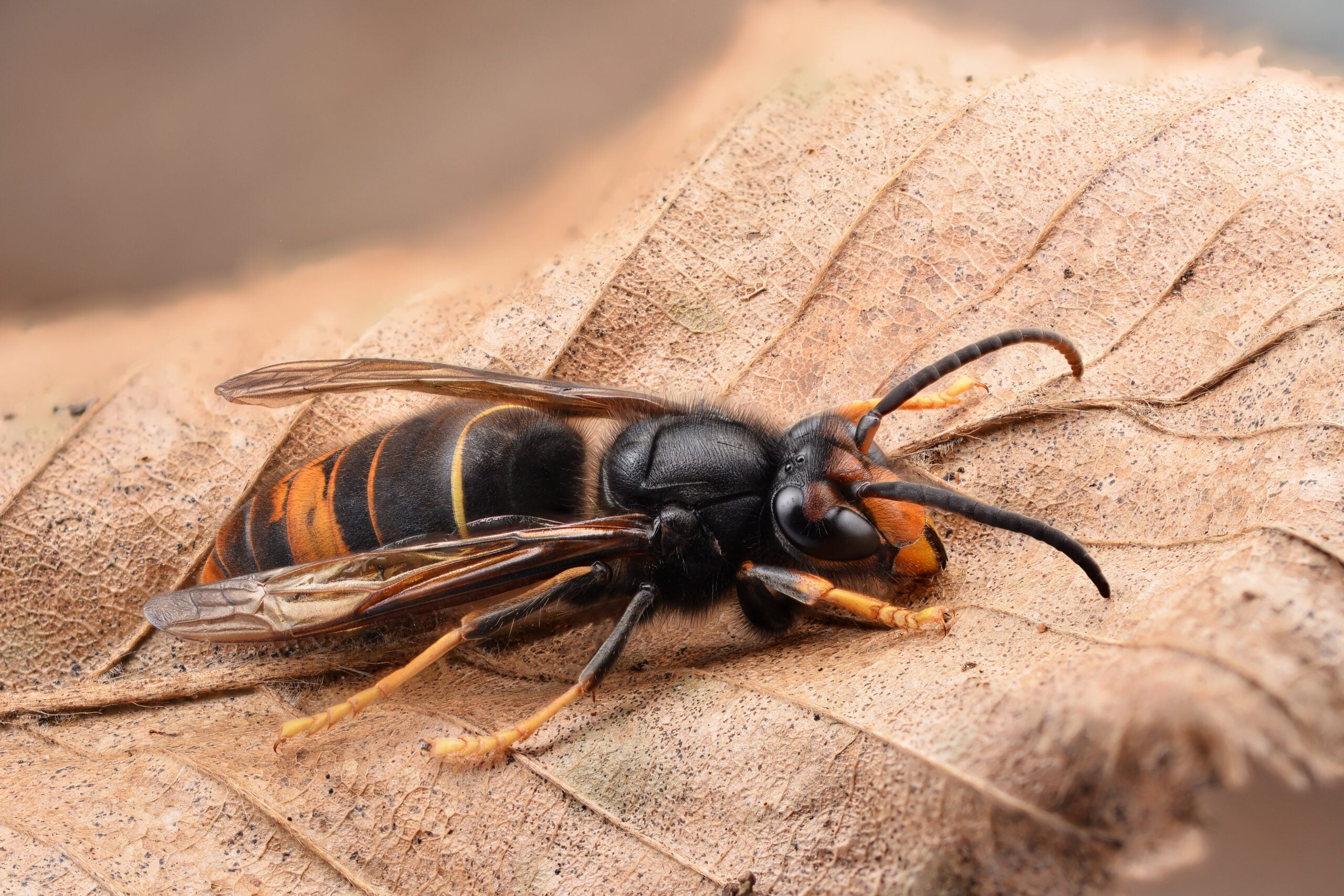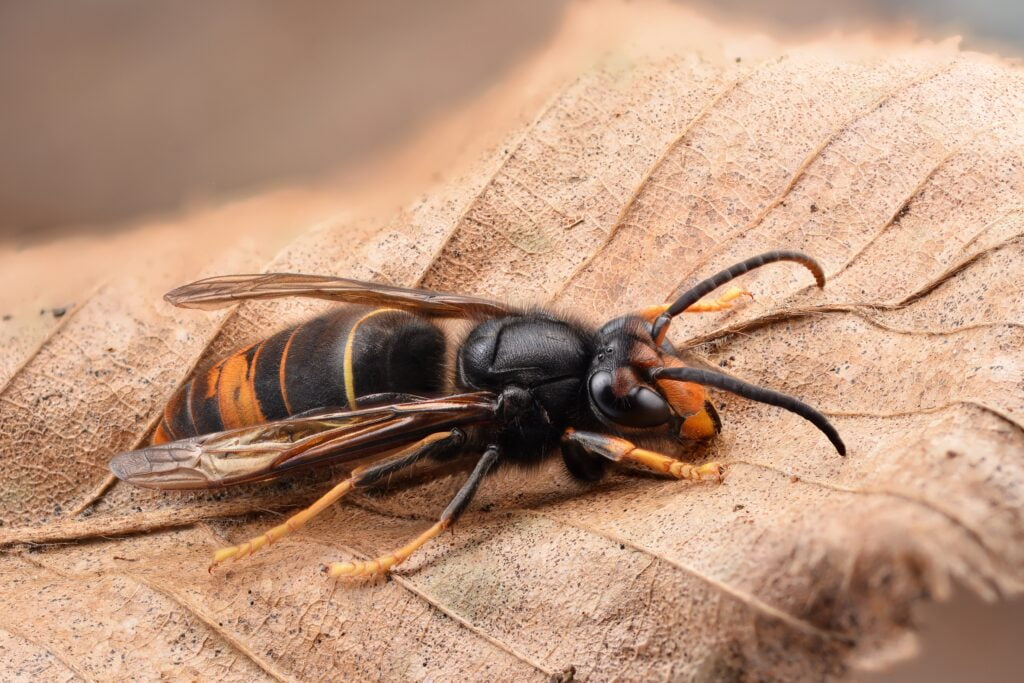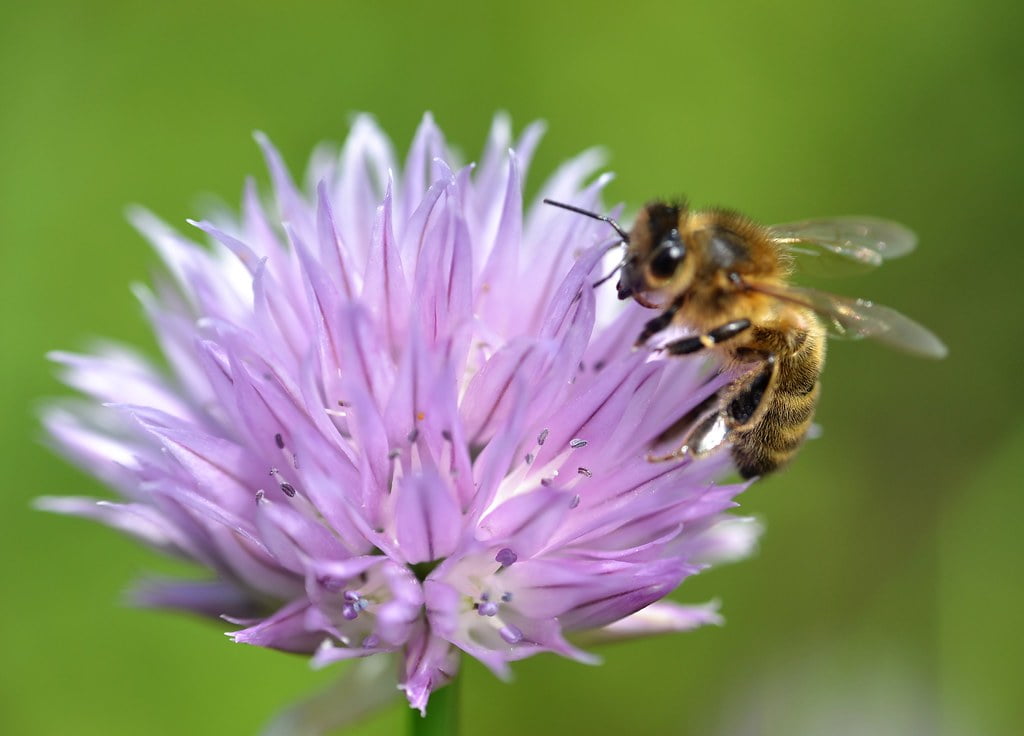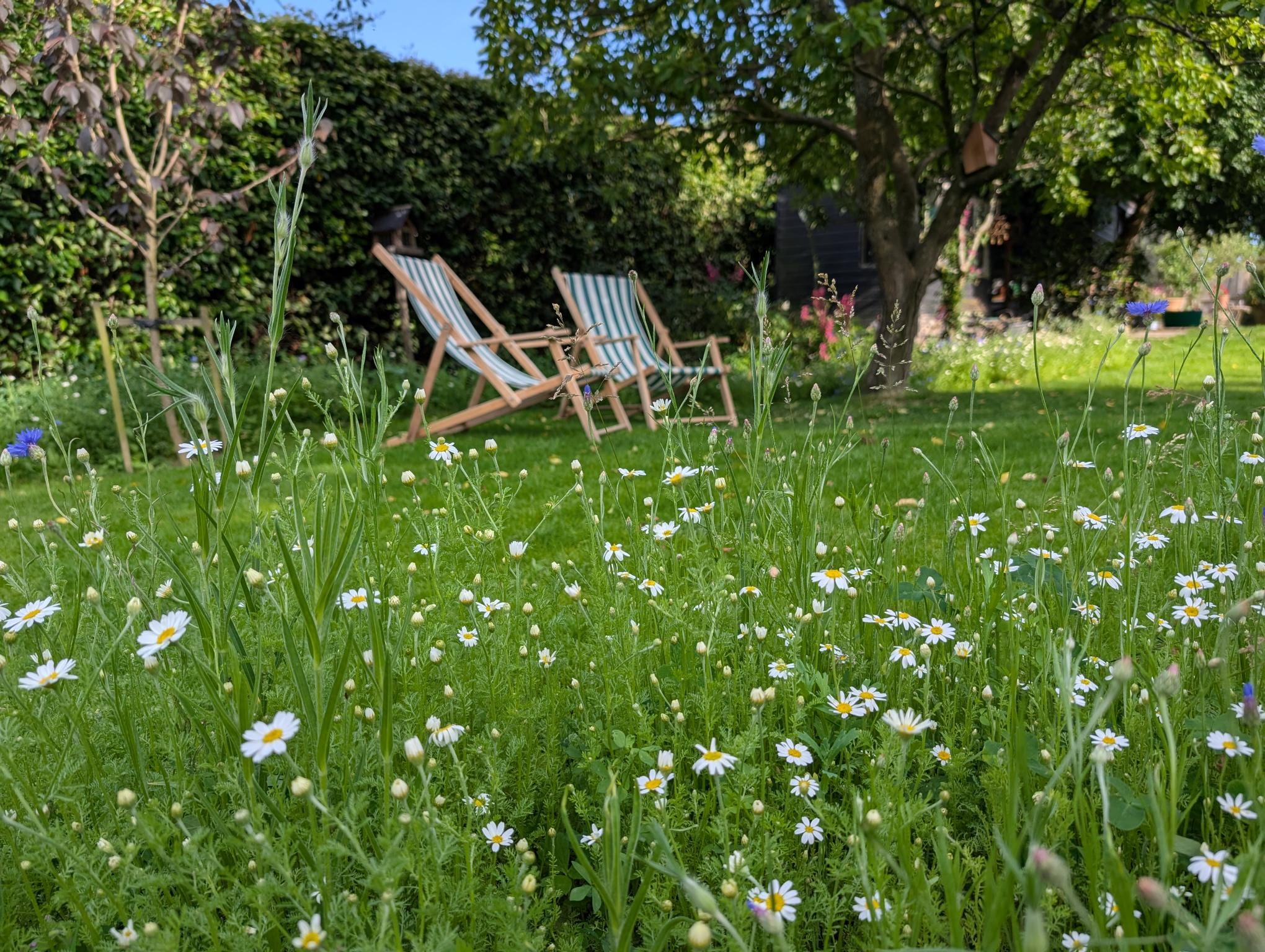Planning a new garden may feel like something you can leave until the weather warms…

Asian Hornets
You may have heard that sightings of Asian Hornets in the UK are on the rise this year. What are they and what does this mean? We explain the issues they are creating and how you can help in this blog.
What are Asian Hornets?
Asian Hornets are smaller and darker than the European hornet we are more accustomed to seeing. They have an orange stripe on their 4th abdomen and yellow tips on their legs.Whilst they are not particularly an issue to humans (unless a nest is disturbed) it is honey bees and pollinators who are under threat.Sightings of Asian Hornets are on the rise, of the 108 sightings reported since 2016, more than half of these were last year. (Source BBC News) Kent and Sussex and warmer parts of the UK are most affected as the Asian Hornet can’t survive in colder parts of the UK.

Protect Our Bees
Invasive species such as the Asian Hornet are a threat to our already vulnerable wildlife and ecosystems. Asian Hornets are often spotted around beehives, preying on them as they try to protect the hive.
Here’s what is being advised, should you spot one:
- Photograph It. If you can, take photographs and include a precise location of the sighting. Don’t get too close.
- Trap It. Here is some advice from the National Bee Unit about Traps.
- Report it. There is a new app you can download called “Asian Hornet Watch” which is a simple but effective way of recording sightings.
Take great care when attempting to photograph or catch an Asian Hornet to avoid a sting. Wear PPE or a bee suit.
Why is this so important?
A single Asian hornet is capable of killing and eating 50 honey bees in a day, and a swarm has the potential to kill an entire hive of around 30,000 bees.
A decline in pollinators could severely impact our biodiversity, which will have a knock-on effect on food production and medication.

Please be vigilant and do your bit to spot, trap and report Asian Hornets. Stopping the population growth will our bees and pollinators a better chance of survival, for they are already up against climate change, habitat loss and death from insecticides.
For more topics delivered straight to your inbox, subscribe to Frogheath News Here.



